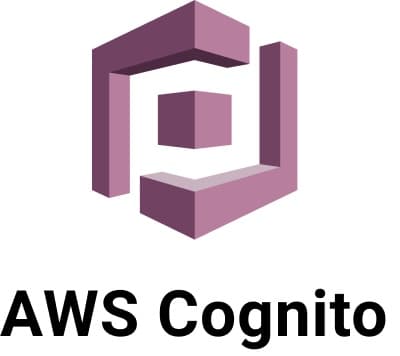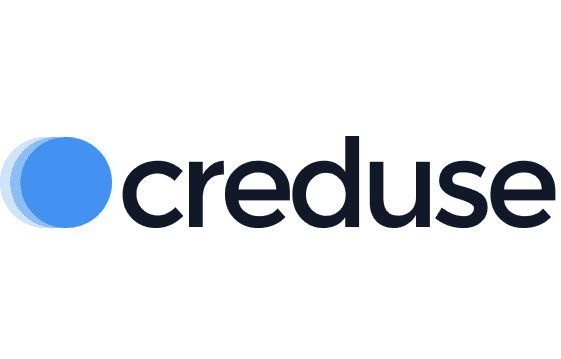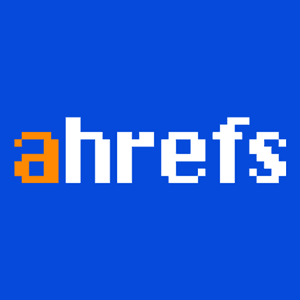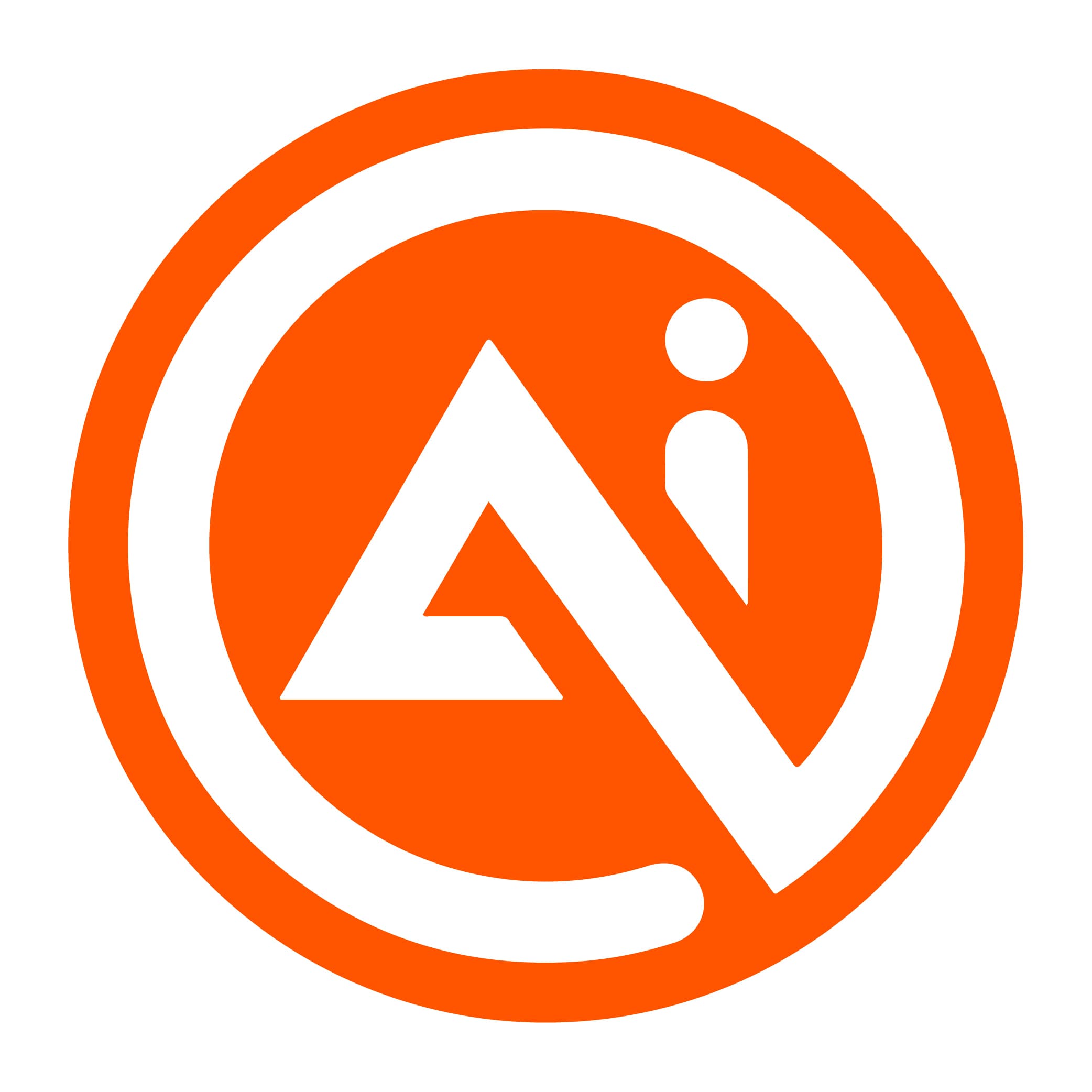Amazon Cognito vs. Keycloak
Amazon Cognito
The biggest advantage of Cognito is that it's a part of the AWS ecosystem and integrates well with other AWS services. The free tier comes with 50,000 MAUs and the price for each additional MAU starts at $0.0055/month and goes down to as low as $0.0025/month as you scale to tens of millions of users. It integrated with four federated identity providers - your users can sign up with Facebook, Google, Apple and Amazon.
Keycloak
Keycloak is an open source identity and access management solution. It supports Keycloak single-sign-on and OpenID Connect or SAML 2.0 Identity Providers (Google, Facebook, GitHub etc).
Reviews
Reviews
| Item | Votes | Upvote |
|---|---|---|
| Generous free tier | 1 | |
| Low price per monthly active user | 1 | |
| Part of AWS ecosystem | 1 |
| Item | Votes | Upvote |
|---|---|---|
| Confusing, sometimes misleading documentation | 1 | |
| Difficult to set up | 1 |
| Item | Votes | Upvote |
|---|---|---|
| No pros yet, would you like to add one? | ||
| Item | Votes | Upvote |
|---|---|---|
| No cons yet, would you like to add one? | ||
Frequently Asked Questions
Amazon Cognito is better integrated with the AWS ecosystem, making it a great choice if you are already using AWS services. It offers a generous free tier and a low price per monthly active user, making it cost-effective as you scale. However, its documentation can be confusing and it can be difficult to set up. Keycloak, on the other hand, is an open-source solution that supports various identity providers like Google, Facebook, and GitHub. It may be more suitable if you prefer an open-source approach and need flexibility in identity provider integration.
Amazon Cognito offers a generous free tier with 50,000 monthly active users (MAUs) and a low price for additional users, making it cost-effective as you scale. The cost per additional MAU starts at $0.0055/month and can go down to $0.0025/month for tens of millions of users. Keycloak is open-source and free to use, but the total cost of ownership will depend on the infrastructure and maintenance costs. If you are already using AWS services, Cognito may be more cost-effective due to its seamless integration.
Amazon Cognito can be difficult to set up and its documentation can sometimes be confusing and misleading. Keycloak, being an open-source solution, may require more initial setup and configuration, but its community and extensive documentation can help mitigate this. The ease of setup will largely depend on your familiarity with the respective platforms and your specific requirements.
The pros of Amazon Cognito include its generous free tier, low price per monthly active user, and seamless integration with the AWS ecosystem. However, users have reported that the documentation can be confusing and sometimes misleading, and setting up the service can be difficult.
Amazon Cognito is a user authentication service that is part of the AWS ecosystem. It allows users to sign up and sign in with federated identity providers like Facebook, Google, Apple, and Amazon. The service offers a free tier with 50,000 monthly active users (MAUs), and the cost for additional users starts at $0.0055 per MAU, decreasing as the number of users increases.
The main features of Amazon Cognito include integration with four federated identity providers (Facebook, Google, Apple, and Amazon), a generous free tier with 50,000 monthly active users, and competitive pricing that decreases as the number of users scales. It also integrates well with other AWS services, making it a comprehensive solution for user authentication within the AWS ecosystem.
Keycloak is an open source identity and access management solution. It supports single-sign-on and integrates with OpenID Connect or SAML 2.0 Identity Providers such as Google, Facebook, and GitHub.
Keycloak offers several features including single-sign-on, identity brokering and social login, user federation, client adapters, and an admin console. It supports standard protocols like OpenID Connect and SAML 2.0.
Currently, there are no user-generated pros and cons for Keycloak. However, some general pros include its open source nature and extensive protocol support. Potential cons may include a steep learning curve for new users.
Organizations that require robust identity and access management solutions can benefit from Keycloak. It is particularly useful for companies needing to implement single-sign-on across multiple applications.




















